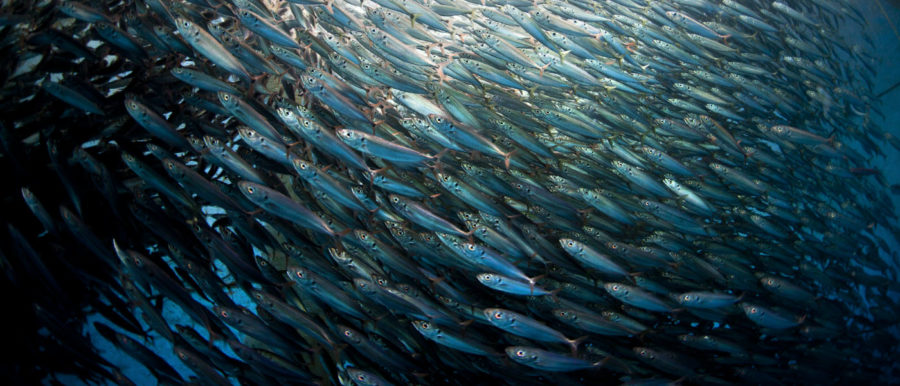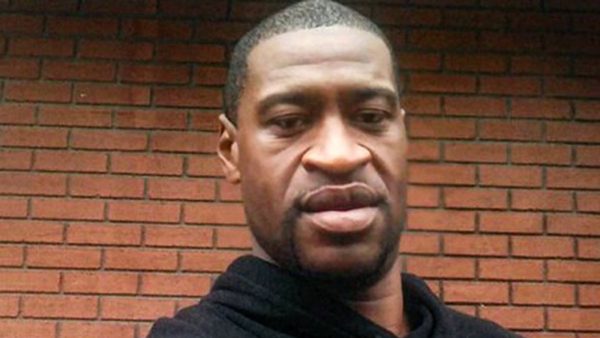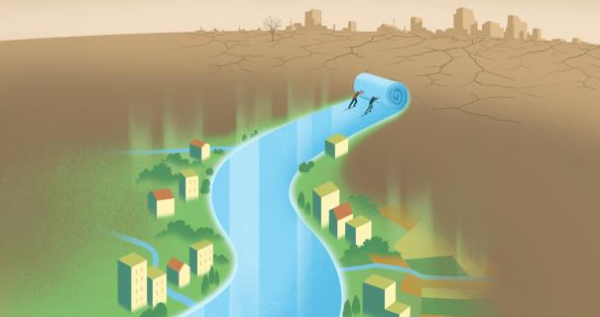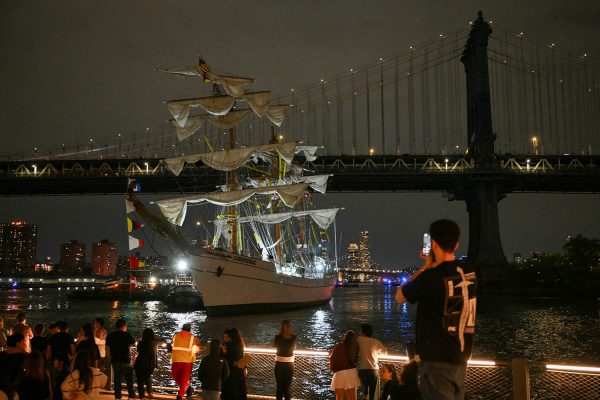Why Overfishing is Bad and How to Stop it
Overfishing, especially trawling, causes a lot of damage to our oceans, but is there something to do about it?
Overfishing is a bigger problem than we might think. Each year, 1000 billion fish are extracted from the oceans globally, and 26 million tonnes are getting caught by illegal fishing, representing 15% of the annual quantity.
Even though 59,600,000 people make a living from fishing in the world, it does put our oceans in danger.
In the last century, the number of people on earth has quadrupled, also, the consummation of fish per person has increased. This affected that the exploitation and overconsumption of fish increased enormously.
To answer the needs of the population, a lot of fishing companies were created, using big boats and going far into the sea searching for fishes. The thing is, a lot of techniques used by these companies ( and by people fishing illegally) are doing a lot of harm to the oceans.
Overfishing has a lot of consequences on the environment. When a species of fish are overfished, going close to extinction, other species living in the same ecosystem are put in danger. Without one of the participants in the food chain, the others will die since the species in the above will die out, having nothing to eat and the one below will increase to the point of eating all their prey so they too will go extinct.
Without any action taken by the authorities of the world, there will be no more fish in the oceans in 2048.
One solution would be to create more marine protected areas. Presently, less than two percent of the world’s oceans are protected in marine parks. If that number increases to ten or 20 percent, it could have a huge positive impact.
Also, trawling has to stop. Trawling consists of throwing big fish nets into the ocean behind one or more boats. These nets scoop up every animal and the ecosystem in its pathway, leaving a flat land behind. Trawling has been banned in Hong Kong, the United Kingdom, the west coast of the USA, etc… But it has to stop completely in other parts of the world such as Alaska and Chile.
Finally, as a person, if you want to save the fishes you can start making smarter food choices from today. For example, you can start eating sustainable seafood, do research to find out what seafood is ethically fished, don’t eat big fish like tuna, marlin and sharks and eat little fish instead since big fishes have been overfished for years; also, you can choose to eat local, because fishes caught in North America are generally more inspect and have better regulation than in other parts of the world.






